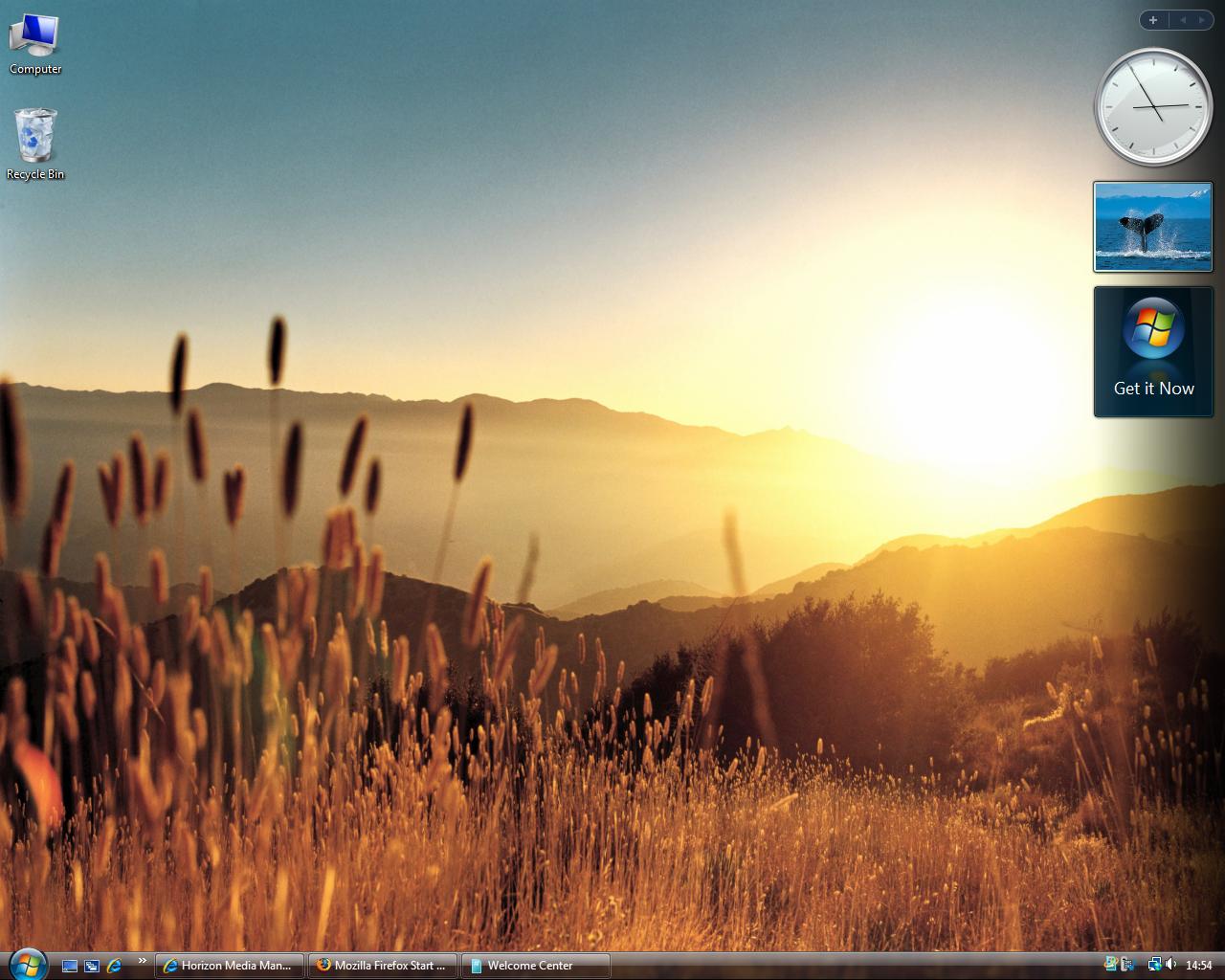Microsoft damps down Vista 'kill switch'
Hopes to annoy users into going legit instead

As long as the sun will rise, people will pirate software. Unfortunately for Microsoft, Windows Vista has so far failed to buck the trend. So the corporation has announced that it will be disabling the two main ways in which pirates can copy software in next year's Service Pack 1 update.
But that's not all. One of the more intriguing aspects of the corporation's announcement is that it is to drop the so-called "kill switch" from the OS. That's the system whereby unless you activate your copy, its available functions will gradually reduce until, eventually, you'll have to go legal or reinstall.
One of the main reasons for dropping the 'feature' seems to be that some users have complained that their genuine copies have been disabled. However, despite dropping Vista's key anti-piracy measure, Microsoft is predictably staying positive - as it's going to ceaselessly annoy people into going legal instead.
"Although our overall strategy remains the same, with SP1 we're adjusting the customer experience that differentiates genuine from non-genuine systems in Windows Vista and later in Windows Server," said Microsoft vice president Mike Sievert in a statement.
"Users whose systems are identified as counterfeit will be presented with clear and recurring notices about the status of their system and how to get genuine. They won't lose access to functionality or features, but it will be very clear to them that their copy of Window Vista is not genuine and they need to take action."
Disabling known exploits
So Microsoft is changing tactics. But Sievert makes it clear that the corporation's fundamental strategy has not changed. "All copies of Windows Vista still require activation and the system will continue to validate from time to time to verify that systems are activated properly," he added.
SP1 will disable two types of known exploits to the activation process for Windows Vista. One is known as the OEM Bios exploit and modifies system files and the BIOS to mimic activation. The other exploit resets the grace period allowed before activation becomes a necessity.
Sign up for breaking news, reviews, opinion, top tech deals, and more.
Piracy remains a big problem for Microsoft and Sievert is realistic about it. "We know that Windows Vista is a lot harder to counterfeit than Windows XP, but we also know that pirates will keep trying." Research from the Business Software Alliance (BSA) estimates that 35 per cent of software in use worldwide is not paid for, and in certain countries it tops 80 per cent.
However, Microsoft says it is gaining traction in catching counterfeiters. It believes that 5 per cent of Windows revenue growth was "attributable to piracy declines". The corporation says it has taken legal action against more than 1,000 dealers of counterfeit software and stopped more than 50,000 online auctions.
Dan (Twitter, Google+) is TechRadar's Former Deputy Editor and is now in charge at our sister site T3.com. Covering all things computing, internet and mobile he's a seasoned regular at major tech shows such as CES, IFA and Mobile World Congress. Dan has also been a tech expert for many outlets including BBC Radio 4, 5Live and the World Service, The Sun and ITV News.